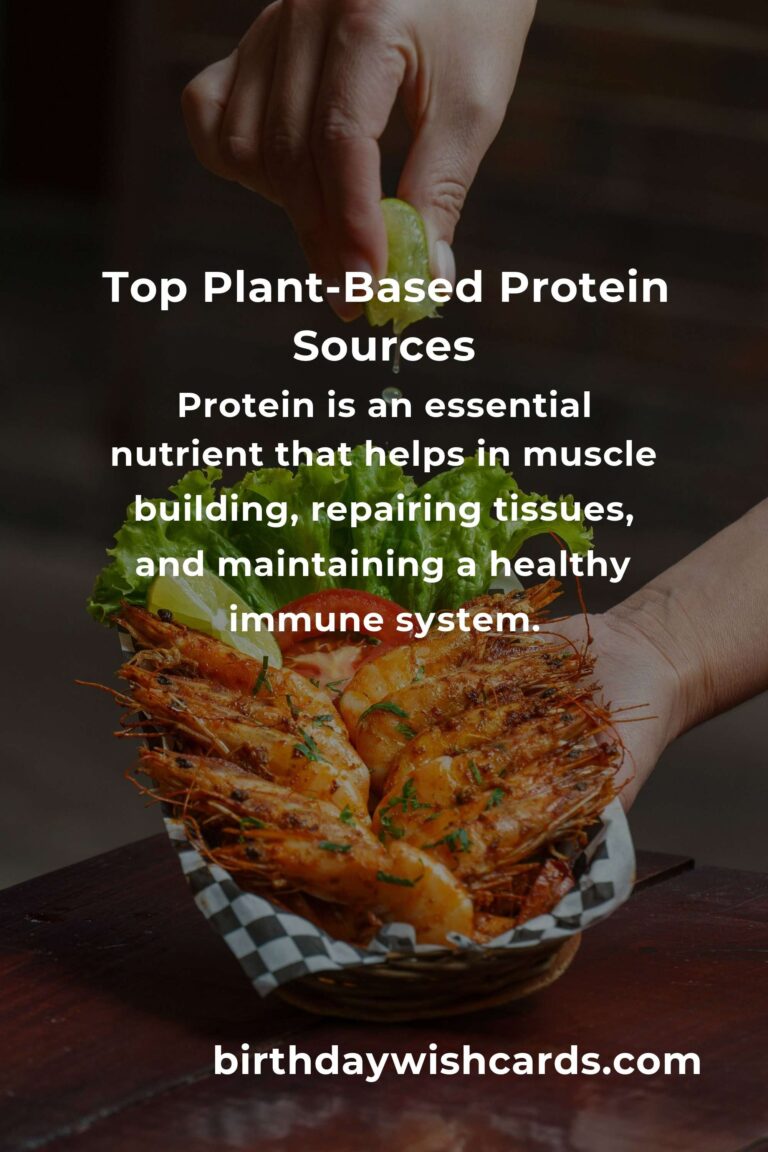
Embracing healthy eating habits is more than just a diet; it is a lifestyle change that can lead to a healthier, happier life. By making small, manageable changes to your eating habits, you can enjoy a balanced diet that supports your overall well-being. In this article, we’ll explore practical tips and strategies to help you easily embrace healthy eating habits.
Understanding Healthy Eating
Healthy eating is about consuming a variety of foods that provide the nutrients your body needs to function optimally. These nutrients include carbohydrates, proteins, fats, vitamins, and minerals. A healthy diet helps maintain a healthy weight, reduces the risk of chronic diseases, and promotes overall health.
Start with Small Changes
Transitioning to healthy eating doesn’t have to be overwhelming. Begin with small changes, such as adding more fruits and vegetables to your meals, choosing whole grains over refined ones, or opting for lean protein sources. These incremental changes can lead to significant improvements over time.
Plan Your Meals
Meal planning is a crucial step in maintaining a healthy diet. By planning your meals for the week, you can ensure that you have all the ingredients you need and avoid the temptation of unhealthy convenience foods. Consider prepping meals in advance to save time and ensure you have nutritious options readily available.
Stay Hydrated
Proper hydration is an often-overlooked aspect of healthy eating. Drinking enough water throughout the day helps your body function correctly and can prevent overeating, as thirst is sometimes mistaken for hunger. Aim to drink at least eight glasses of water daily, and consider increasing your intake if you are physically active.
Mindful Eating
Mindful eating involves paying attention to your hunger cues and eating slowly to savor each bite. This practice can help prevent overeating and lead to greater satisfaction with your meals. Try to eliminate distractions during meals, such as television or smartphones, to focus on the flavors and textures of your food.
Limit Processed Foods
Processed foods are often high in unhealthy fats, sugars, and sodium. Limiting your intake of these foods can help you maintain a healthy diet. Instead, focus on eating whole, unprocessed foods, such as fruits, vegetables, whole grains, and lean proteins.
Incorporate Variety
Eating a variety of foods ensures that you receive a wide range of nutrients. Experiment with different fruits, vegetables, grains, and protein sources to keep your meals interesting and nutritious. Trying new recipes can also make healthy eating more enjoyable.
Listen to Your Body
Everyone’s nutritional needs are different, so it’s essential to listen to your body and adjust your diet accordingly. Pay attention to how different foods make you feel and consider consulting a healthcare professional or a registered dietitian for personalized advice.
Stay Consistent
Consistency is key when it comes to healthy eating. While occasional indulgences are okay, aim to maintain a healthy diet most of the time. Over time, these habits will become second nature, and you’ll enjoy the benefits of a healthier lifestyle.
By following these tips and strategies, you can easily embrace healthy eating habits and improve your overall health. Remember, the goal is to make sustainable changes that you can maintain in the long run.
Embracing healthy eating habits is more than just a diet; it is a lifestyle change that can lead to a healthier, happier life. Healthy eating is about consuming a variety of foods that provide the nutrients your body needs. Meal planning is a crucial step in maintaining a healthy diet. Proper hydration is an often-overlooked aspect of healthy eating. Mindful eating involves paying attention to your hunger cues and eating slowly to savor each bite. Limiting processed foods can help you maintain a healthy diet. Eating a variety of foods ensures that you receive a wide range of nutrients. Consistency is key when it comes to healthy eating.
#HealthyEating #Nutrition #Wellness #Lifestyle #HealthyLiving












